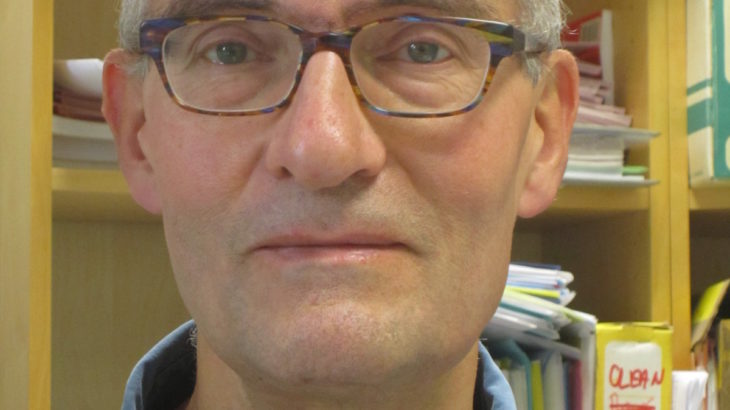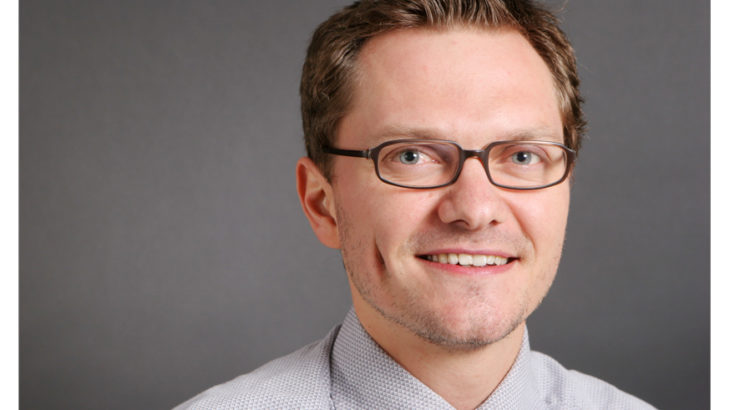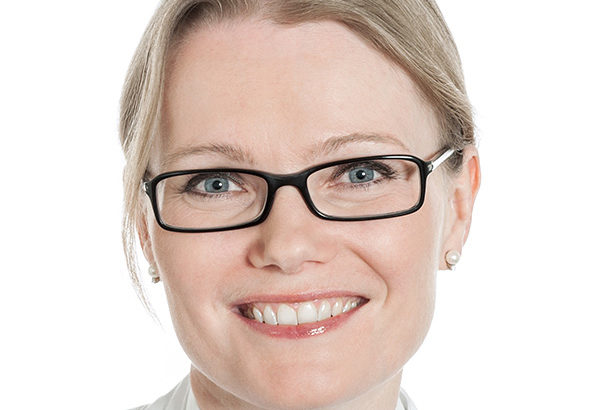European Centre for Disease Prevention and Control (ECDC)
Dr Diamantis Plachouras is an infectious diseases physician with experience in clinical infectious diseases, infection control and antimicrobial stewardship. Since 2012, he has been a member of the surveillance and response support unit of the European Centre for Disease Prevention and Control (ECDC) in the Disease Programme for antimicrobial resistance and healthcare associated infections (ARHAI). His key activities have included surveillance of and response to healthcare-associated infections and antimicrobial resistance in Europe, the development of guidelines on the prudent use of antimicrobials in human medicine and the development of indicators of antimicrobial stewardship. He received his medical diploma in 1994 and a doctorate degree in Medicine at the University of Athens, Greece. He specialised in internal medicine in the UK and Greece and subsequently in infectious diseases and worked from 2006 until 2012 as a lecturer and assistant professor at the “Attikon” hospital of the University of Athens in Greece.









